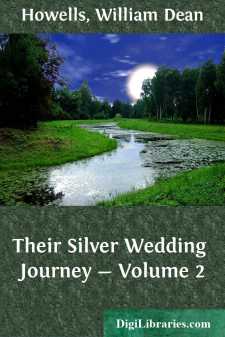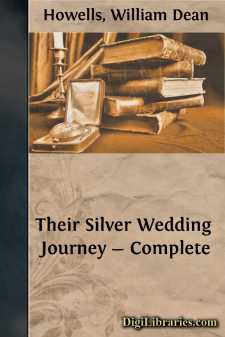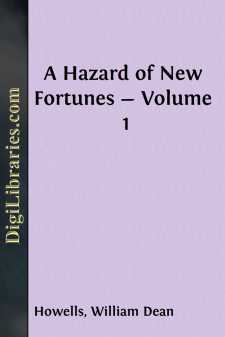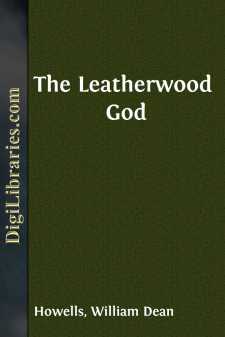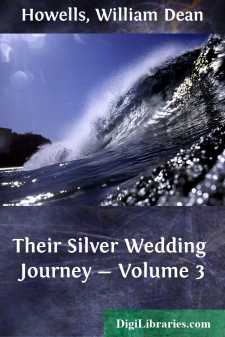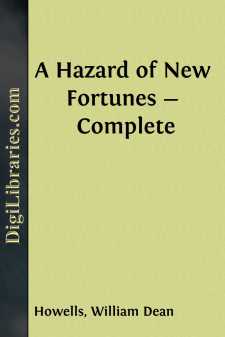Categories
- Antiques & Collectibles 13
- Architecture 36
- Art 48
- Bibles 22
- Biography & Autobiography 813
- Body, Mind & Spirit 142
- Business & Economics 28
- Children's Books 14
- Children's Fiction 11
- Computers 4
- Cooking 94
- Crafts & Hobbies 4
- Drama 346
- Education 46
- Family & Relationships 57
- Fiction 11828
- Games 19
- Gardening 17
- Health & Fitness 34
- History 1377
- House & Home 1
- Humor 147
- Juvenile Fiction 1873
- Juvenile Nonfiction 202
- Language Arts & Disciplines 88
- Law 16
- Literary Collections 686
- Literary Criticism 179
- Mathematics 13
- Medical 41
- Music 40
- Nature 179
- Non-Classifiable 1768
- Performing Arts 7
- Periodicals 1453
- Philosophy 64
- Photography 2
- Poetry 896
- Political Science 203
- Psychology 42
- Reference 154
- Religion 513
- Science 126
- Self-Help 84
- Social Science 81
- Sports & Recreation 34
- Study Aids 3
- Technology & Engineering 59
- Transportation 23
- Travel 463
- True Crime 29
Henry James, Jr.
Categories:
Description:
Excerpt
The events of Mr. James's life—as we agree to understand events—may be told in a very few words. His race is Irish on his father's side and Scotch on his mother's, to which mingled strains the generalizer may attribute, if he likes, that union of vivid expression and dispassionate analysis which has characterized his work from the first. There are none of those early struggles with poverty, which render the lives of so many distinguished Americans monotonous reading, to record in his case: the cabin hearth-fire did not light him to the youthful pursuit of literature; he had from the start all those advantages which, when they go too far, become limitations.
He was born in New York city in the year 1843, and his first lessons in life and letters were the best which the metropolis—so small in the perspective diminishing to that date—could afford. In his twelfth year his family went abroad, and after some stay in England made a long sojourn in France and Switzerland. They returned to America in 1860, placing themselves at Newport, and for a year or two Mr. James was at the Harvard Law School, where, perhaps, he did not study a great deal of law. His father removed from Newport to Cambridge in 1866, and there Mr. James remained till he went abroad, three years later, for the residence in England and Italy which, with infrequent visits home, has continued ever since.
It was during these three years of his Cambridge life that I became acquainted with his work. He had already printed a tale—"The Story of a Year"—in the "Atlantic Monthly," when I was asked to be Mr. Fields's assistant in the management, and it was my fortune to read Mr. James's second contribution in manuscript. "Would you take it?" asked my chief. "Yes, and all the stories you can get from the writer." One is much securer of one's judgment at twenty-nine than, say, at forty-five; but if this was a mistake of mine I am not yet old enough to regret it. The story was called "Poor Richard," and it dealt with the conscience of a man very much in love with a woman who loved his rival. He told this rival a lie, which sent him away to his death on the field,—in that day nearly every fictitious personage had something to do with the war,—but Poor Richard's lie did not win him his love. It still seems to me that the situation was strongly and finely felt. One's pity went, as it should, with the liar; but the whole story had a pathos which lingers in my mind equally with a sense of the new literary qualities which gave me such delight in it. I admired, as we must in all that Mr. James has written, the finished workmanship in which there is no loss of vigor; the luminous and uncommon use of words, the originality of phrase, the whole clear and beautiful style, which I confess I weakly liked the better for the occasional gallicisms remaining from an inveterate habit of French. Those who know the writings of Mr. Henry James will recognize the inherited felicity of diction which is so striking in the writings of Mr. Henry James, Jr. The son's diction is not so racy as the father's; it lacks its daring, but it is as fortunate and graphic; and I cannot give it greater praise than this, though it has, when he will, a splendor and state which is wholly its own.
Mr. James is now so universally recognized that I shall seem to be making an unwarrantable claim when I express my belief that the popularity of his stories was once largely confined to Mr. Field's assistant. They had characteristics which forbade any editor to refuse them; and there are no anecdotes of thrice-rejected manuscripts finally printed to tell of him; his work was at once successful with all the magazines....



